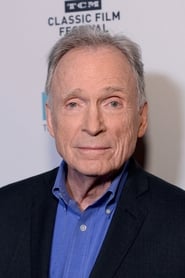Frontier University Dreams
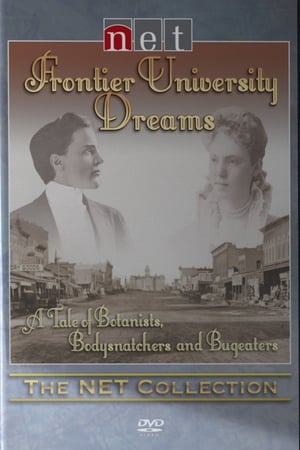
Frontier University Dreams
HomePage
Overview
Pioneering the harsh landscape of Nebraska was difficult enough in 1869. Pioneering a new university was almost beyond reason. What was a university? Who should go? What should be taught? There were no guidebooks. No road maps. They were building a university out of little more than hopes and dreams.
Release Date
2005-04-01
Average
0
Rating:
0.0 startsTagline
A Tale of Botanists, Bodysnatchers and Bugeaters
Genres
Languages:
Keywords
Similar Movies
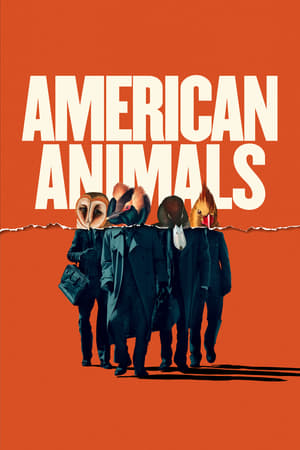 6.7
6.7American Animals(en)
Lexington, Kentucky, 2004. Four young men attempt to execute one of the most audacious art heists in the history of the United States.
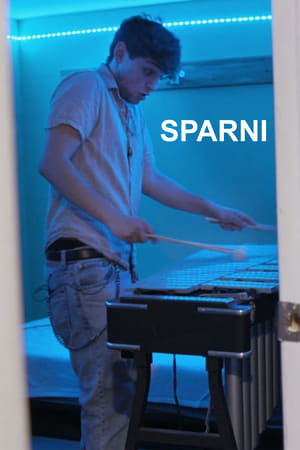 10.0
10.0Sparni(en)
It’s the second semester of junior year for Pierce “Sparni” Sparnroft, a gifted jazz vibraphonist studying at Montclair State University in New Jersey. Sparni’s prospects on the vibes were rejuvenated by their new professor, the world-renowned Steve Nelson, and are to be showcased during a student-driven recital in May 2023. But all the while, Sparni must face a crisis within.
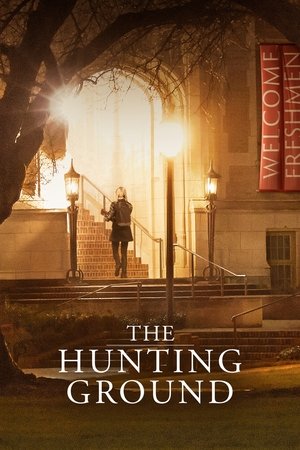 7.4
7.4The Hunting Ground(en)
A startling expose of rape crimes on US campuses, their institutional cover-ups, and the devastating toll they take on students and their families. The film follows the lives of several undergraduate assault survivors as they attempt to pursue—despite incredible push back, harassment and traumatic aftermath—both their education and justice.
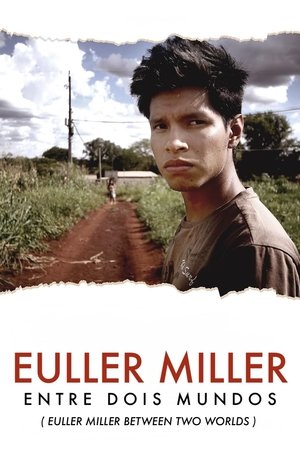 0.0
0.0Euller Miller Between Two Worlds(pt)
Euller Miller is a young native Brazilian of kaiwá ethnicity who leaves his small village just outside of Dourados (MS) to study dentistry at a public university in the crowded capital city of the state of Paraná. The film follows the complex transition between two very different worlds and the search for new horizons without abandoning his indigenous roots.
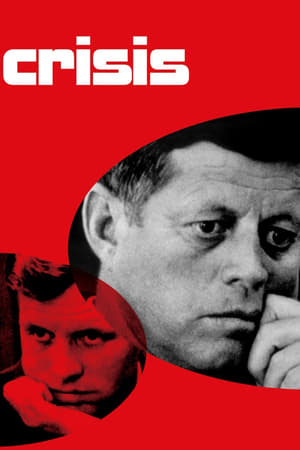 6.9
6.9Crisis: Behind a Presidential Commitment(en)
During a two-day period before and after the University of Alabama integration crisis, the film uses five camera crews to follow President John F. Kennedy, attorney general Robert F. Kennedy, Alabama governor George Wallace, deputy attorney general Nicholas Katzenbach and the students Vivian Malone and James Hood. As Wallace has promised to personally block the two black students from enrolling in the university, the JFK administration discusses the best way to react to it, without rousing the crowd or making Wallace a martyr for the segregationist cause. Preserved by the Academy Film Archive in partnership with The Film Foundation in 1999.
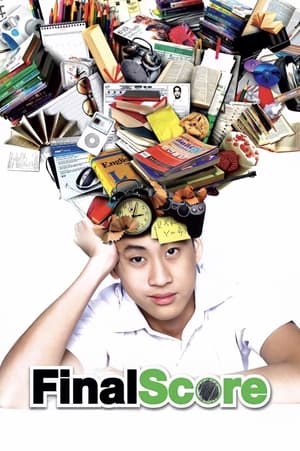 5.5
5.5Final Score(th)
In this documentary, four boys spend their senior year of high school studying for college-entrance exams that only one in five students will pass.
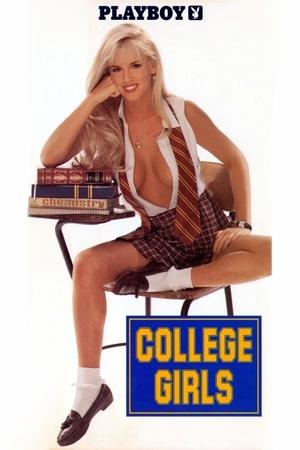 7.2
7.2Playboy: College Girls(en)
Year in, year out, Playboy magazine's college pictorials are a big hit. Now, for the first time ever, our course in collegiate beauty comes to video with some of the most beautiful student bodies in the nation.
 6.7
6.7At Berkeley(en)
Direct cinema pioneer Frederick Wiseman takes an in-depth look at the preeminent American university during a fall semester that saw a vigorous debate taking place over tuition hikes, budget cuts, and the future of higher education in the United States.
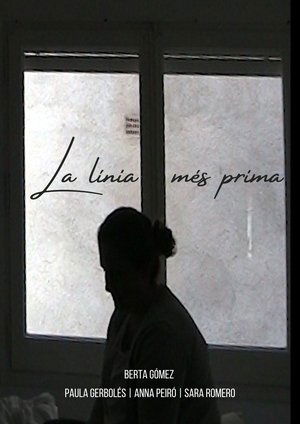 0.0
0.0The Thinnest Line(ca)
A fist-person story of the director of the documentary, who talks about the loneliness that entails living with an eating disorder and her vision now thar she is entering into adulthood.
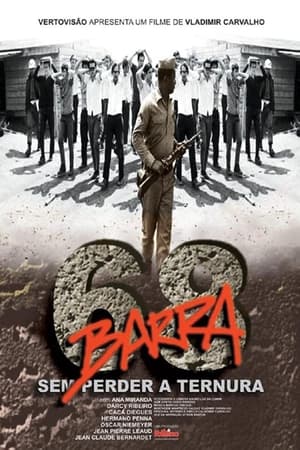 6.0
6.01968 - Without Losing Tenderness(pt)
The story of the University of Brasília, since it was only a project in Darcy Ribeiro's head until the fateful events in August 1968 when its campus was invaded by the police, during the military dictatorship, thus putting an end to its independence.
 10.0
10.0State of Exception(pt)
Estado de Excepção is a documentary about CITAC (Coimbra Theater Initiation Circle), a university theater group, revealing history since it was constituted in 1956 until the aftermath of the 1974 revolution. It is the history of the theater group university and, through it, the history of theater in Portugal, revealing two remarkable decades of the History of Portugal. Through the Academy of Coimbra, the documentary reproduces student life, the position of women in society, and the change in mentalities of being and being in the world. It reproduces the existing censorship and the fight against the dictatorship, the resistance to an exhausted regime, as well as the emerging contradictions of the democratic revolution. CITAC has a heritage of 50 years of experience in Coimbra. It carries with it the possibility of the theatrical and civic formation of thinking bodies, constituting a proper ball of a possible model, generation by generation, between studies, theater, and social drama.
Playboy's Sorority Girls(en)
They're the curvaceous coeds that drive fraternity guys - and everyone else - wild with desire.
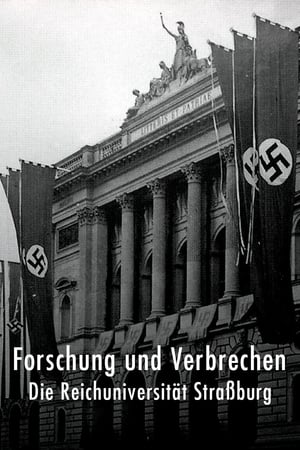 5.0
5.0Research and Crime: the Reich University of Strasbourg(de)
Strasbourg was home to one of three Reich Universities founded by the Nazis, known as a project close to Hitler's heart. The university, founded in 1941, is infamous for the human experiments performed on KZ prisoners by the professors of the medical faculty. What did its dean, Johannes Stein, grandfather of documentarian Kirsten Esch, know of these crimes?
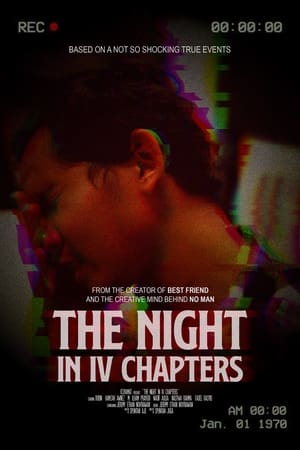 5.0
5.0The Night in IV Chapters(id)
A group of students surround their beloved campus. But what they did was unnatural. In general, other people will surround the campus in the afternoon or evening, but they will circle the campus at night, to be more precise, starting at 11 pm. There are various things that they find while circling their beloved campus…
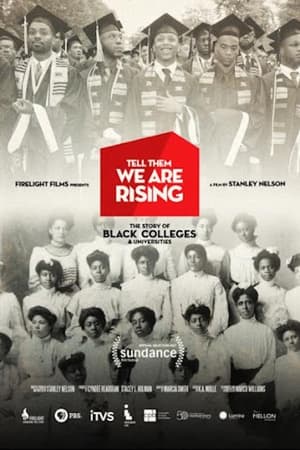 8.1
8.1Tell Them We Are Rising: The Story of Black Colleges and Universities(en)
A haven for Black intellectuals, artists and revolutionaries—and path of promise toward the American dream—Black colleges and universities have educated the architects of freedom movements and cultivated leaders in every field. They have been unapologetically Black for 150 years. For the first time ever, their story is told.
Tulevaisuuden rakentajat(fi)
For a hundred years, the Association of Finnish Student Unions (SYL) has acted as the mouthpiece for Finnish university students. SYL opened its doors to the world and was a pioneer in both student health care and housing production. At the same time, there have been marches both for developing countries and against the Soviet Union.
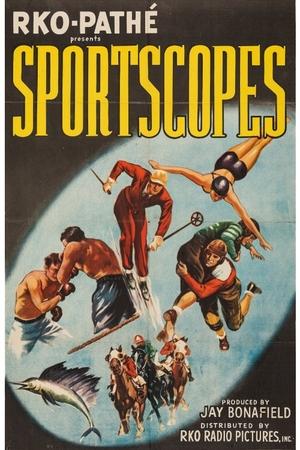 0.0
0.0Gym College(en)
In this Sportscope series entry, members of the Florida State University gymnastics team demonstrate their athletic skills.
 0.0
0.0Looking Back Before You Leap(en)
A collection of memories from a tumultuous time at University.
My Friend, Norman: The Man from Aberdeen(en)
Take a journey with Norman Geske, Nebraska's Father of the Arts, with this feature length documentary about the impact one man has had on the artistic and cultural heritage of Nebraska and beyond.
 0.0
0.0La universidad vota en contra(es)
Demonstrations, confrontations, parties and divisions marked one of the most important university campaigns of the decade: the 1968 student elections.
